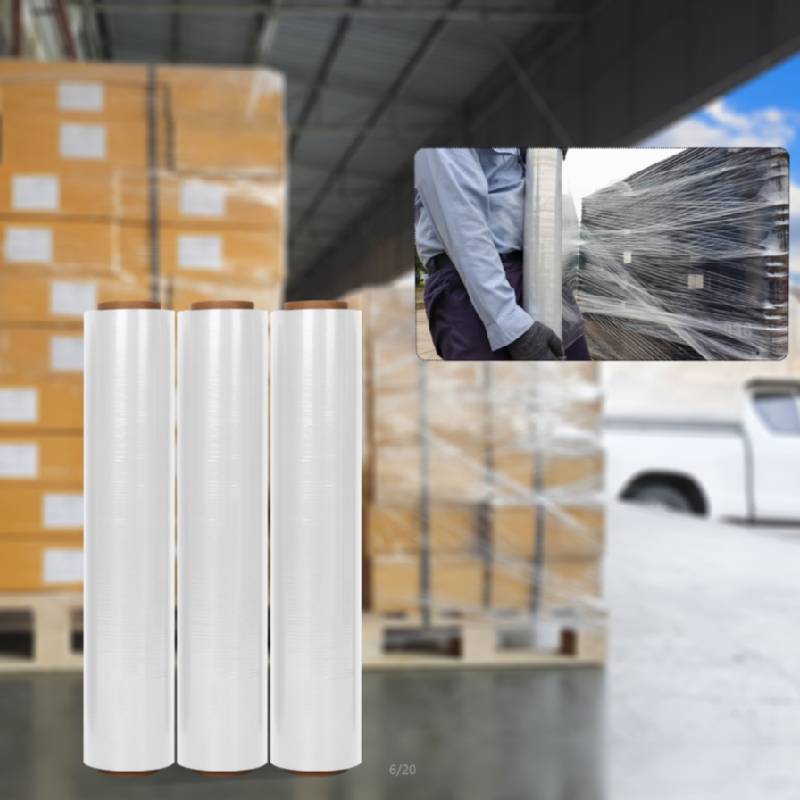Innovative Approaches in Paper Cup Production and Sustainable Manufacturing Practices
The Evolution of Paper Cup Manufacturing
In recent years, the demand for sustainable and environmentally friendly packaging solutions has skyrocketed, with one of the most notable products being the paper cup. Traditionally associated with the coffee shop culture, paper cups have seen a significant evolution in their manufacturing processes, materials, and designs, all aimed at reducing their environmental impact while meeting consumer demand.
The manufacturing of paper cups begins with the selection of raw materials. The primary component is typically virgin paperboard, which is sourced from sustainably managed forests. Many manufacturers are now opting for recycled materials and forest stewardship council (FSC) certified papers to minimize their environmental footprint. The paper is often coated with a thin layer of polyethylene or a biodegradable alternative for moisture resistance, enabling the cup to hold liquids without leaking.
The production process of paper cups involves several key steps. First, large rolls of paperboard are fed into a machine that prints and cuts them into flat sheets. High-quality printing technology allows for the customization of designs, logos, and text, giving businesses the ability to create unique branding opportunities for their products. The flat sheets are then formed into cups using a process known as roll forming, where the paper is gradually shaped into a cylindrical form and sealed using heat or adhesive.
A significant advancement in paper cup manufacturing is the introduction of automated machinery. Automation has enhanced efficiency and reduced labor costs in cup production, allowing manufacturers to meet the increasing global demand. Machines can produce thousands of cups per hour, underscoring the need for speed without compromising quality. This shift has also led to consistent quality in terms of thickness, size, and design, which is crucial for maintaining brand identity.
Another important consideration in the manufacturing process is adherence to hygiene and health standards. Paper cups are often used in foodservice, necessitating stringent quality controls to ensure that they are safe for consumer use. Manufacturers engage in rigorous testing to meet local and international regulations regarding food safety. This includes testing for leaching contaminants when hot or acidic beverages are held in these cups.
paper cup manufacturing

Despite their convenience and popularity, paper cups face criticism primarily due to their composite nature. Traditional paper cups, which are coated with plastic, can be difficult to recycle. This has led many manufacturers to explore alternative materials that are both functional and more sustainable. Innovations such as compostable coatings made from biopolymers have emerged, offering a viable solution for eco-conscious consumers and businesses.
The industry is also witnessing a growing trend towards the production of reusable paper cups. While initially counterintuitive, this development reflects a shift in consumer behavior towards sustainability. Companies are creating durable, reusable cups made from paper or paper-based composites that can withstand multiple uses, thus reducing waste generated from single-use cups.
Furthermore, many coffee shops and retailers are responding to this trend by incentivizing customers to bring their reusable cups, thereby fostering a culture of sustainability. Discounts and rewards programs have become common practice, encouraging consumers to make environmentally friendly choices.
Finally, the future of paper cup manufacturing looks promising with ongoing advancements in materials science and manufacturing techniques. Continuous investments in research and development are driving innovations that enhance the sustainability of paper cups. The circular economy model is slowly being integrated into the industry, wherein businesses not only produce but also take responsibility for the entire lifecycle of their products.
In conclusion, paper cup manufacturing has evolved tremendously, driven by a combination of consumer demand, environmental concerns, and technological advancements. By prioritizing sustainability and quality, manufacturers are reshaping the landscape of single-use packaging. As society continues to grapple with the challenges of waste and sustainability, the paper cup may serve as a pivotal product in fostering a culture of responsible consumption and environmental stewardship. The journey of the paper cup is a testament to how industry can adapt and innovate in response to changing societal values and needs.
-
The Best Uses for Small Trash Bags in Daily LifeNewsJul.01,2025
-
Stylish Reusable Grocery Bags TrendsNewsJul.01,2025
-
Shipping Advantages of Using Bubble Envelopes BulkNewsJul.01,2025
-
How Compostable Mailing Bags Reduce Environmental ImpactNewsJul.01,2025
-
Environmentally - Friendly Bulk Poly MailersNewsJul.01,2025
-
Eco Friendly Custom Laminated Tote BagsNewsJul.01,2025
-
Have the freedom of customizing your custom mailers any way you want! Our dedicated packaging support will help deliver you the mailing experience you need to elevate your shipping experience to the next level! Start making a strong impression on your customers and stand out from your competitors! -
LIYA uses high quality raw materials which directly purchased from large enterprises domestic and overseas such as PetroChina, Sinopec, Sabic, Equate, ExxonMobil, Dow Chemical, Total, and Borouge, ensuring the price advantage and quality of the raw materials. -
LIYA uses high quality raw materials which directly purchased from large enterprises domestic and overseas such as PetroChina, Sinopec, Sabic, Equate, ExxonMobil, Dow Chemical, Total, and Borouge, ensuring the price advantage and quality of the raw materials.
Warning: Undefined array key "ga-feild" in /home/www/wwwroot/HTML/www.exportstart.com/wp-content/plugins/accelerated-mobile-pages/templates/features.php on line 6714





